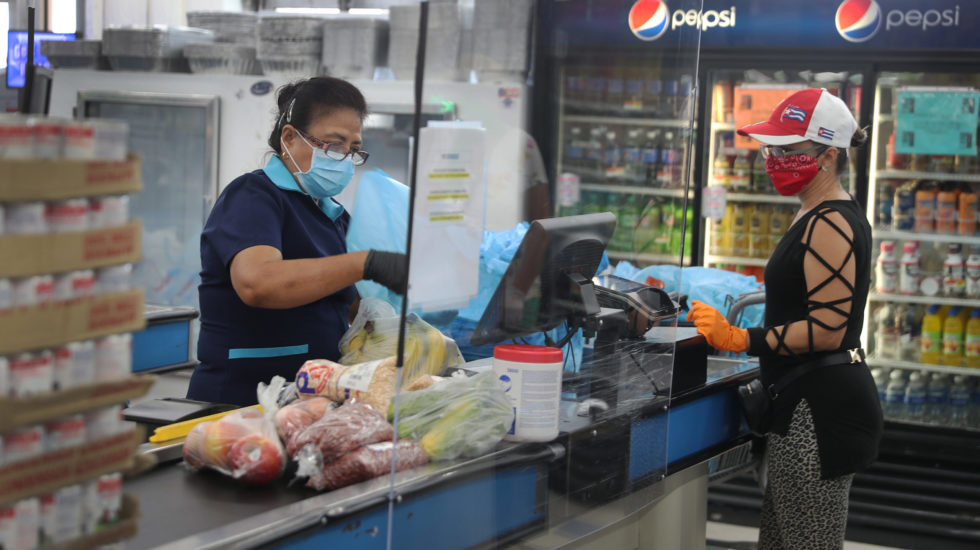The economic pain induced by the Covid-19 pandemic has been felt most acutely by women and people of color, according to a new Washington Post-ABC News poll.
“A quarter of women say their family’s financial situation is worse today than before the coronavirus-related shutdowns began in March 2020,” according to the Washington Post’s analysis. That’s compared to 18% of men who feel that way.
“27 percent of non-Whites say they are worse off now vs. 18 percent of Whites,” the poll found.
The disparity is not surprising. In March, women’s labor-force participation had fallen to 57.4%, the lowest level since 1988. According to an estimate by McKinsey, women across the world lost twice as many jobs because of the pandemic than men.
A report from The Center For American Progress published earlier this month found that people of color are less likely to be able to telework. They’re also less likely to have financial savings that cushion periods of economic hardship.
The Washington Post provides additional details:
Women and workers of color were far more likely to lose jobs when the pandemic took hold last spring and wiped out millions of service-sector jobs in restaurants, hotels, spas, salons and non-urgent health-care fields. Women have also borne the majority of the child-care responsibilities as schools and day-care centers shuttered and classes moved online, requiring additional parental involvement.
In follow-up interviews, several women told The Post they were forced to leave jobs to care for children, or they had to take lower-paying jobs that gave them more flexibility. A few women also cited rising costs of rent and food, which caused some to fall behind on bills even if they were able to keep their jobs.
